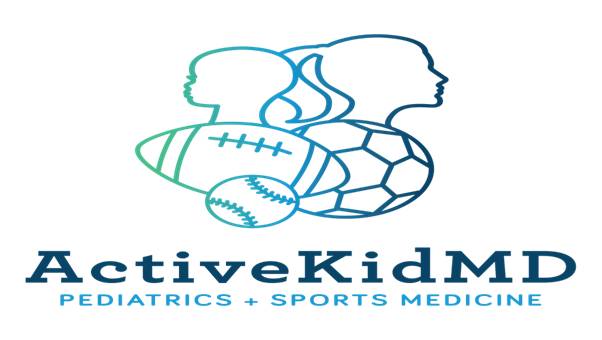Are Past Unreported Concussions Often Found in Pre-Season Assessments?
The use of baseline assessments to provide comparison data for future concussions provokes controversy about validity, cost, and time investment. If however, such testing routinely uncovered past unreported or even currently symptomatic concussions, would that influence opinions about the significance of such efforts?
Definitely curious if others have found significant numbers of previously unrecognized concussions in their preseason testing?
I met recently with administrators of a local contact/collision sport league who wanted to discuss their pre-season baseline testing program for concussion monitoring.
They have developed an amazing concussion program, complete with education, pre-season testing, surveillance, and return-to-play protocols.
Coaches or team administrators are required to report all suspected or confirmed concussions to league officials for follow-up monitoring of medical evaluation, treatment, recovery and return progression.
The leagues they supervise are growing, with now over 1000 athletes on multiple teams in several cities.
That means the potential of more pre-season evaluations, and whether the medium is computer or paper based, with or without functional testing such as vestibular or visual testing, we all know that this takes time, effort and tends to have a bunch of logistical issues.
So, not unacceptable to find ways to reduce the early season demands but still provide adequate data to analyze players after a concussion.
With the ability to compare post-injury results to solid age-matched normative data sets for many of the neurocognitive platforms, some have begun to question the utility of the time and expense for routine annual baseline testing.
Others have offered the opinion that every other year evaluations might suffice in the school-aged population and thus reduce some of the testing burden but not lose the value of the data.
These both sounded like workable options for this league to consider, until one eye-popping revelation was shared.
Realize, we're talking about a close-knit sport community where kids and families know each other well and administrators have designed a visible program that requires reports of all potential concussions, with penalties in place for failure to report.
You’d think that there wouldn’t be too many concussions that could sneak by so many watchful eyes.
Guess again.
A critical review of the pre-season data found a startling disconnect on many teams between the number of concussions officially reported to the league and the number of concussion the kids report in their baseline testing.
When asked to report either number of concussions or current possible post- concussion symptoms, the players admitted to a frankly startling number of concussions, including dates of injury, that were never officially entered into the league data base.
Now perhaps this shouldn’t have been so surprising to those of us having this conversation.
We always worry about under-reporting at the time of injury, not just by athletes, but also unfortunately by adult coaches and parents all eager to limit or eliminate any missed playing time.
Have also learned another thing when working with kids- when it comes to answering questions about symptoms or past concussions, kids just can’t seem to lie to a computer..
They might repeatedly deny past history or current problems to a medical provider in person, but when asked to report information to a computer, the flood gates tend to open.
I must give big-time credit to these league officials for underscoring the importance of their active, critical review of all baseline testing and not just passively collecting data for potential future use.
Their use of the computerized baseline testing information apparently allowed a better look at the true incidence of concussions, and unfortunately, a more realistic look at sandbagging or failing to report.
Now, I’m not entirely ready to endorse a punitive Orwellian “1984: Big Brother is Watching” approach to concussion management.
I still think trust and transparency between all parties is absolutely essential.
I’m also not totally on board with the absolute need for computer-based platforms for concussion evaluation or record keeping for that matter (often handwritten mediums provide sufficient information).
But if an annual computerized pre-season assessment provides candid responses that reveal sufficiently high numbers of previously unreported or even worse, incompletely healed concussions, then maybe all that work, all that effort, and all those logistical efforts suddenly seem far more justified.
Very curious if other organizations performing large-scale pre-season baseline neurocognitive evaluations have seen a similar difference between “official” concussion reports and those self-reported on computerized assessments?
Is the above experience an isolated phenomenon, or is it worthy of further collaborative study?

